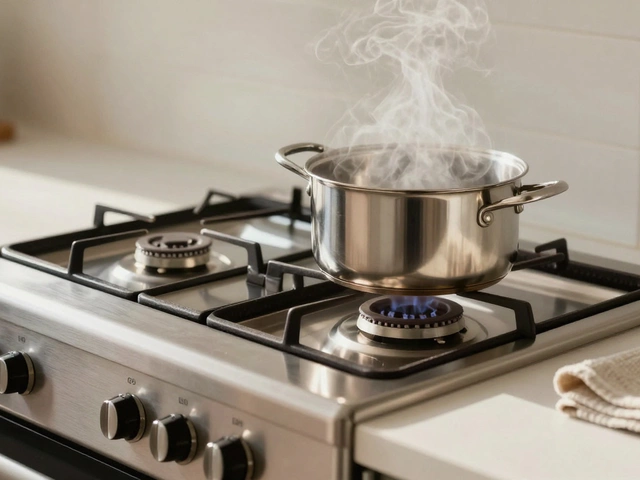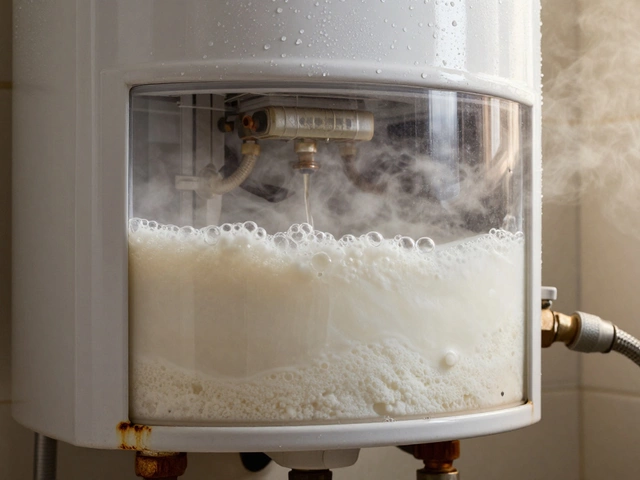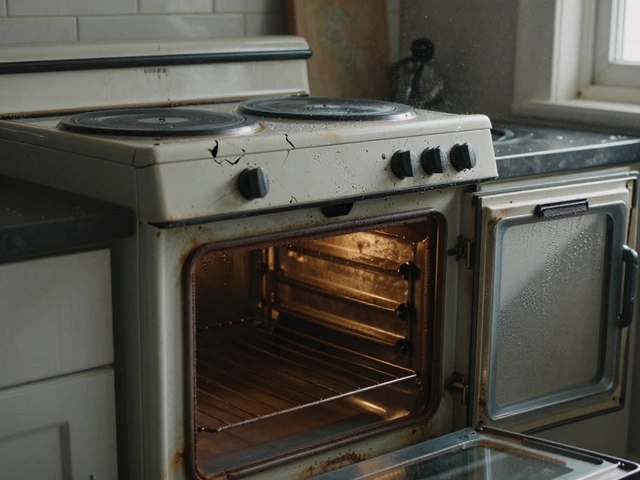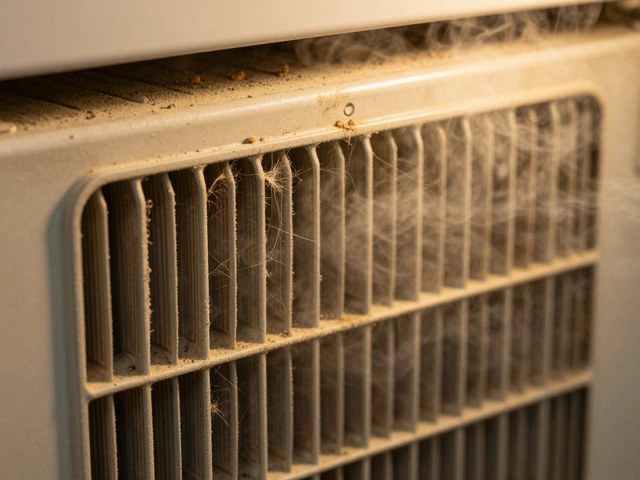Heater Replacement: What You Need to Know Before You Swap Out Your Unit
Feeling a chill of doubt when your water heater or boiler starts acting up? You’re not alone. Most homeowners wonder if they should repair, replace, or just live with lukewarm showers. This guide cuts through the noise and gives you straight‑forward steps to decide if a heater replacement is worth it.
When is it Time to Replace Your Heater?
First off, look for the red flags. If the unit is more than 10‑12 years old, leaks constantly, or the pilot keeps blowing out, chances are it’s reached the end of its useful life. Noisy bangs, rusty water, or a sudden spike in energy bills also point to a failing heater. A quick visual check for corrosion, rust, or water pooling around the base can save you a costly surprise later.
Another tell‑tale sign is frequent repairs. If you’ve called a pro three times in a year, the sum of those bills might already match the price of a new unit. In that case, replacing the heater often makes more financial sense than keeping up with patch‑work.
Choosing the Right Replacement for Your Home
Once you know it’s time, pick a heater that fits your needs. For hot water, electric tank‑less models give endless supply but need a strong electrical circuit. Gas tankless units are great for larger families but need proper venting. Traditional tank heaters are cheap to install, but they’ll run out of hot water after a few showers.
If you’re looking at boilers for heating, decide between combi, system, or regular types. Combi boilers save space and give instant hot water, while system boilers work well with older radiators. Check the efficiency rating – a higher AFUE (Annual Fuel Utilization Efficiency) means lower bills.
Don’t forget sizing. An oversized heater wastes energy, while an undersized one won’t meet demand. Most suppliers will ask for your home’s square footage, number of bathrooms, and peak hot‑water usage to calculate the right capacity.
Installation costs vary. Expect a basic gas heater to run around £800‑£1,200, while tank‑less electric models can hit £2,000‑£3,500 including labor. Always ask for a detailed quote that lists parts, labour, and any required permits.
Before you sign off, ask the installer about warranties. A good warranty covers parts for at least 5 years and labour for 2‑3 years. It’s a safety net if something goes wrong shortly after the job’s done.
Lastly, maintenance matters. Even the best heater will die early if you skip yearly checks. Schedule a quick service – a flush, pressure test, and burner inspection – and you’ll squeeze out extra years of life.
Bottom line: replace your heater when it’s old, leaking, or costing more to fix than to buy. Choose a model that matches your water use, fuel type, and space. Get multiple quotes, check warranties, and plan regular maintenance. Follow these steps and you’ll stay warm without breaking the bank.
Should You Repair or Replace Your Hot Water Heater?
- Alden Wilder
- Nov 22 2024
- 0 Comments
Deciding whether to repair or replace a hot water heater can be tricky. This comprehensive guide examines the signs that your heater needs attention, the costs involved with repairs versus replacement, and energy efficiency considerations. It also offers practical tips for maintaining your water heater to extend its lifespan. Learn what to expect when calling for help and how to make an informed decision.
View More




